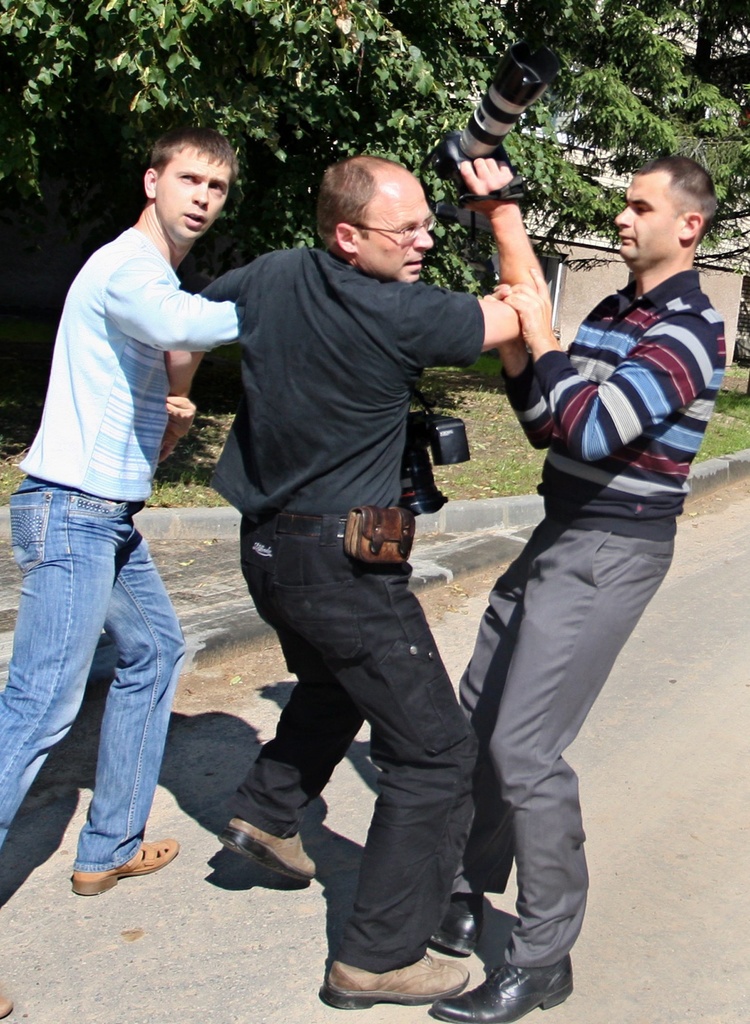Researchers warn news coverage shallow

The Swiss media have improved their coverage of politically and socially relevant issues, but they have become more superficial over the past decade according to Zurich University’s Center for Research on the Public Sphere and Society.
The researchers found that the 46 newspapers, radio, television programmes and news websites included in the survey published more hard news on political, economic and cultural topics in 2011 than in the previous year.
However, they provided noticeably less background to help the public understand the wider implications of an event. Coverage of parliamentary issues has clearly lost ground.
Instead, tabloid journalism format doubled its output in the past ten years, according to the 2012 Yearbook on the editorial quality in the Swiss media.
There is a trend towards more personalisation, particularly among the online media and the free sheets, said the authors of the survey.
“Journalism in Switzerland is increasingly under financial pressure;” said Mark Eisenegger, co-author of the study and sociologist at a news conference on Friday.
He warned that the quality of the media was crucial for a functioning democracy, allowing citizens to understand and gauge developments.
The study authors define media quality as diversity in contents and opinion, relevance (so called hard and soft news), news value, including context, as well as the importance of professional standards, such as including transparency and sourcing.
Social media
The survey – the third of its kind since 2010 – also found that the news websites of most newspapers are inferior to the print editions of the same title.
The research group, led by Kurt Imhof of Zurich University, highlighted the increasingly dominant position of two or three publishers in the media sector, which is divided into different language regions, including German-speaking and French-speaking Switzerland.
Social media, notably Twitter, are used by news organisations primarily to promote their own editorial output, while individual twitter accounts appear to play a role as an alternative public sphere, in part acting as media watchdog.
The survey also found that crime reporting in the media has been distorting reality and was used for political ends.
Libya‘s civil war was the political event attracted the highest media attention in Switzerland last year.
The parliamentary elections in Switzerland and the nuclear disaster at Fukushima, Japan, were also among the main three topics.
The financial crisis in the European Union, the upheaval in Egypt were fourth and fifth most important topics in terms of news coverage.

In compliance with the JTI standards
More: SWI swissinfo.ch certified by the Journalism Trust Initiative





You can find an overview of ongoing debates with our journalists here. Please join us!
If you want to start a conversation about a topic raised in this article or want to report factual errors, email us at english@swissinfo.ch.